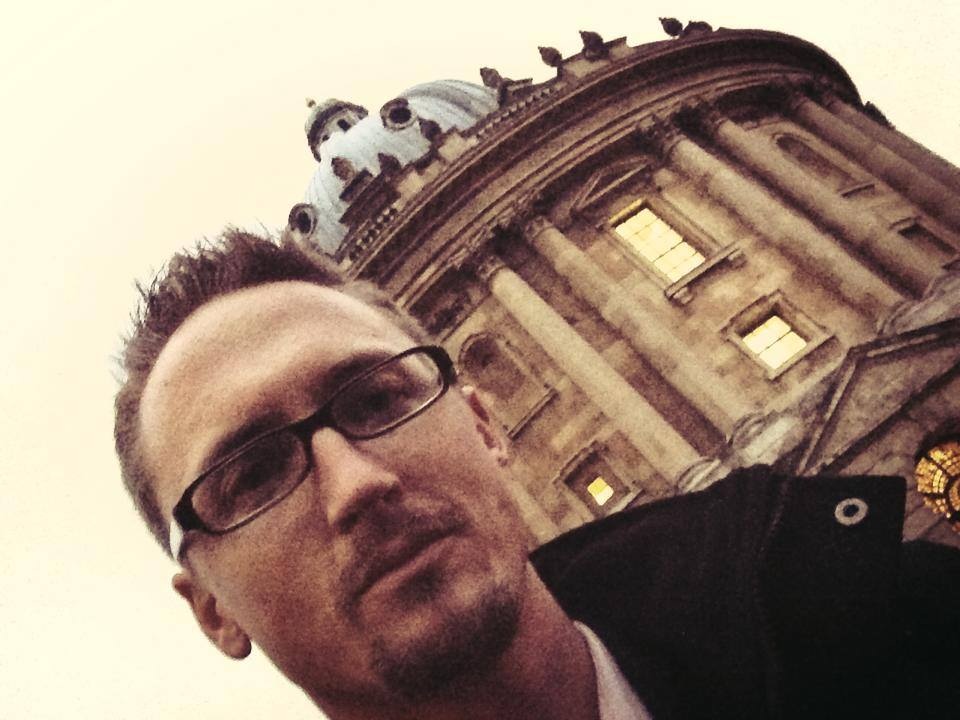
Although Jesus told his followers they couldn’t figure out the exact day or hour, that hasn’t stopped the search for clues about the general timeframe. In the last hundred years, people have latched on to Jesus’ prediction of “the end” in Matthew 24:14, “This gospel of the kingdom shall be preached in the whole world as a testimony to all the nations, and then the end will come.”
Do Jesus' words mean systematically sharing the gospel around the globe can speed up "the end"?
When the context of this statement is disregarded or misunderstood, Christians assume Jesus’ words explain why we are still waiting for him to return and set up his kingdom on earth. Theologian George Eldon Ladd summarized how a growing number of Christians interpret Jesus’ explanation in his 1959 book The Gospel of the Kingdom and The Gospel Coalition (whose council members include John Piper, D.A. Carson, Tim Keller and Al Mohler) promote his logic to this day:
When will the Kingdom come? I am not setting any dates. I do not know when the end will come. And yet I do know this: When the Church has finished its task of evangelizing the world, Christ will come again. The Word of God says it.
Why did He not come in A.D. 100? Because the Church had not evangelized the world.
Why did He not return in A.D. 1000? Because the Church had not finished its task of world-wide evangelization.
Is He coming soon? He is—if we, God’s people, are obedient to the command of the Lord to take the Gospel into all the world.
But what if we have misunderstood the message of Matthew 24:14 and pinned our hopes on a false promise? We must dissect the language and context of Jesus’ statement to determine what he meant and to clearly identify what exactly would end once the nations heard about the kingdom’s arrival.







 RSS Feed
RSS Feed
